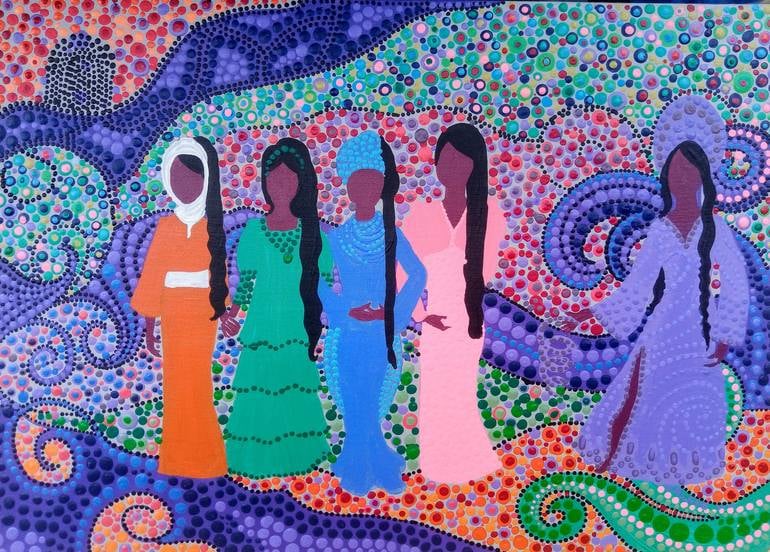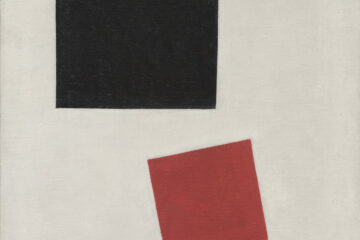Societies and individuals both carry within them dark, corrosive aspects. One response is to destroy the host. The other is to refine it. Korach chose one way. The daughters of Zelophehad chose another. View the study sheet here. Watch the recording here.

One of Judaism’s primary lessons is that how we speak matters. Speaking is how the Source of all life created the world.
Our country is currently experiencing a crisis in speaking. Too many of us are engaged in a kind of public speech that ostensibly is meant to persuade but is actually expressed in a way that ensures people of opposing points of view will not hear us.
About such speech, Trish Roberts-Miller, a professor of rhetoric and writing, has written: “One of the major problems with political deliberation is that people think that the main reason to talk with anyone else is to get them to submit to your views. But, that isn’t the only option.”
She advises that we ask ourselves a very basic question: “What are you trying to do when you start talking to someone with whom you disagree?”
In this week’s Torah portion five sisters confront the all-male religious and political power structures with an injustice: their father died without a son to inherit his portion of property in the promised land, consequently prevailing custom dictates that the property go to a distant male relative rather than to them. They protest the unfairness of such a result.
What were these five women trying to achieve in their confrontation? Was it only the right to inherit their father’s portion of land? Or was something else at stake? Join us here at 7:00 p.m. (PDT) Thursday July 1 as we explore the revival of procreative speech.








